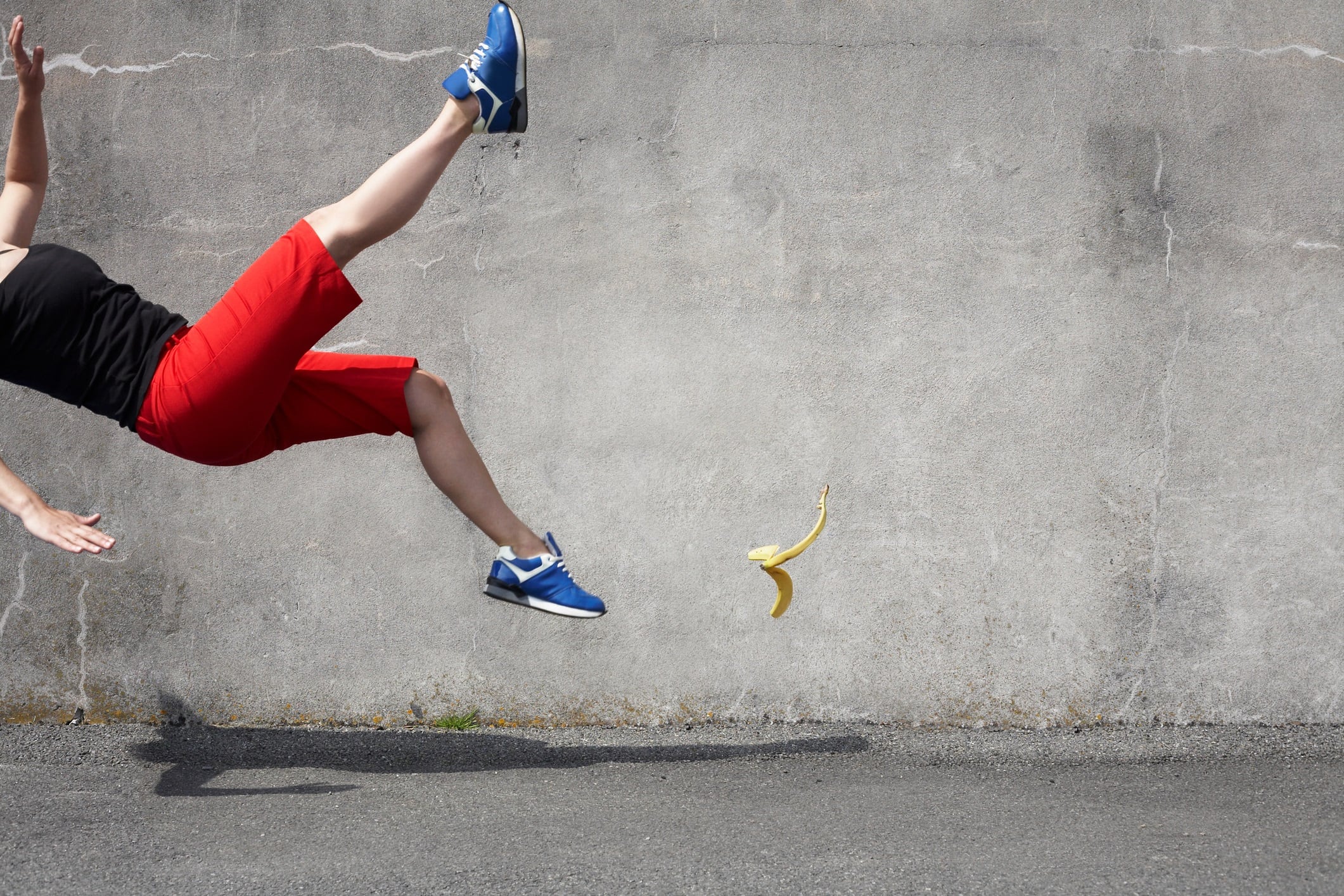Tate & Lyle looks to start-ups for innovation: A summary
- Tate & Lyle is partnering with accelerator MassChallenge to find start-ups that align with its own strategic priorities
- It wants to improve nutritional content and sustainable production
- Start-ups in health are focusing on extracting nutritional ingredients from side streams
- Start-ups in sustainability are looking to reduce the carbon footprint of food production
- Collaborating with start-ups helps Tate & Lyle find innovation beyond its in-house capabilities
Ingredients company Tate & Lyle wants to improve its products through collaboration with start-ups.
Through such collaborations, it aims to improve the nutritional value of its ingredients, as well as find new, more sustainable farming and processing methods.
In order to achieve this, the UK-headquartered company is partnering with Mass Challenge, an early-stage start-up accelerator.
Through MassChallenge, it’s seeking start-ups that align with its own strategic priorities. It hopes external creativity will bring it the results it is looking for.
This focus on sustainability and health follows on from its buyout of speciality ingredients company CP Kelco last year, signalling a desire to explore new avenues.
It is an opportunity to “continue to scout for cutting edge technologies, either improving functionality of ingredients, cleaner label ingredients, and maybe adding tools that we don’t currently have in the portfolio”, explains Karen du Plessis, head of open innovation at Tate & Lyle.
“I will collaborate with in-house experts to evaluate the functionality and application of new ingredients from other food waste streams that are new to us, so beyond our core raw materials such as corn, citrus and stevia.”
How do innovations from start-ups help Tate & Lyle?
There is more to be gained from collaboration than from individual companies coming up with solutions, du Plessis explains.
Collaboration, alongside in-house R&D, is a key contributor to driving innovation.
“If you look at the scale of the challenges we have in the food system today, [there are] pretty huge problems that we need to resolve.”
Resolving these will come more from collaboration than it will from the individual, she suggests.
On the flip-side, this is an extremely challenging funding environment for start-ups, and accelerator programmes such as MassChallenge can help address this problem by giving them the resources they need.
In short, bringing in fresh creativity will always help a large, established company such as Tate & Lyle innovate further, as well as giving the start-ups themselves the resources they need to thrive.
Innovations in health and nutrition
The company is exploring innovations in the avenues which interest it. One of these is health and nutrition.
Trends seen in health and nutrition include looking for alternative sources for nutrients, explains du Plessis.
This could include waste upcycling, upcycling otherwise discarded ingredients for their nutritional potential. For example, one company is extracting proteins from rice bran to be used as an egg replacer in bakery.
Start-ups are also focusing on foods that can induce satiety in the way that GLP-1s can.
Furthermore, some are using AI to look at databases of enzymes and microbes to boost research and accelerate product launch.
Innovations in sustainable production
Start-ups in the arena of sustainable production are aiming to tackle issues within the process itself.
On a macro level, the food industry in general, and start-ups specifically, are aiming towards decarbonisation. This is a “longstanding focus”, explains David Kinsella, UK managing director at Mass Challenge, and a “core value of lots of the partners in the programme”.
Many start-ups are also trying to solve more specific issues within the production process itself. “It’s now industry process, logistics, storage, handling and the reutilization of side streams”, says Kinsella.
For example, some start-ups are looking at more sustainable ways of cooling, while another is exploring how to stop compressed air leakages, which contribute to greenhouse gas emissions.
In sustainability, as in nutrition, the utilisation of side streams is also useful.
Many start-ups are looking to utilise “less obvious” sources of waste, explains Tate & Lyle’s du Plessis, such as beet leaves and carrot tops. One company is even using CO2 itself as a side stream to produce sweet proteins.
Furthermore, biotech precision fermentation can unlock a lot from side-streams.
Tate & Lyle currently has an ambition to utilise its own waste streams. Collaboration with start-ups has the potential to help it do this.





